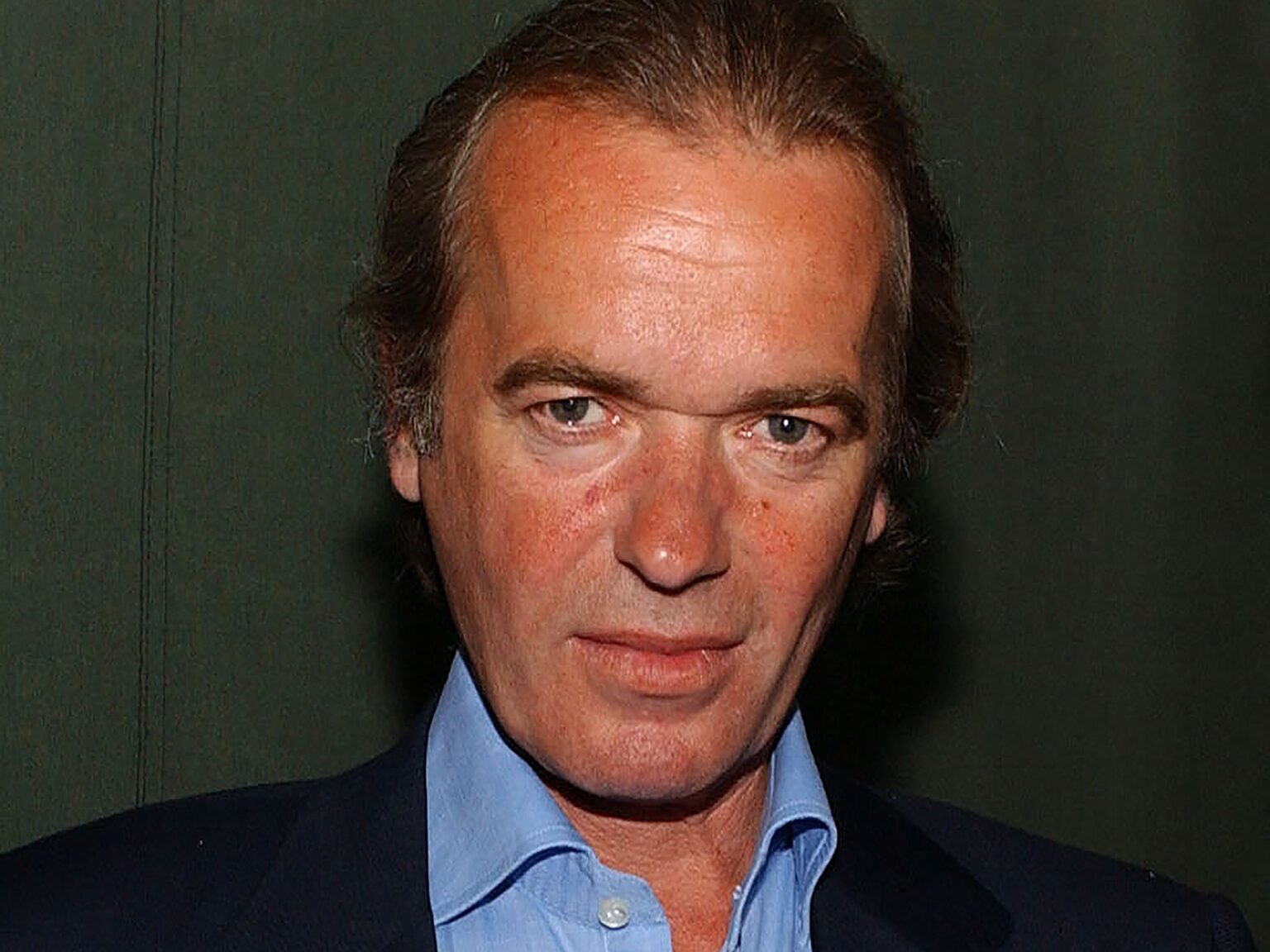The celebrated novelist died at home in Florida after a bout with oesophageal cancer, his wife says.
Renowned and influential British writer Martin Amis has died, aged 73, at his home in Lake Worth, Florida.
His wife Isabel Fonseca told media on Saturday that the author of searing and insightful works such as Money: A Suicide Note, London Fields, and Time’s Arrow, passed away on Friday after a bout with oesophageal cancer.
Amis was “one of the most acclaimed and discussed writers of the past 50 years and the author of 14 novels,” said the website of Booker Prizes, the leading literary awards for fiction in the United Kingdom.
In 2008, he was named one of the 50 best British writers since 1945 and listed for the Booker Prize twice.
Publisher Vintage Books said it was “devastated” by the death of Amis.
“He leaves a towering legacy and an indelible mark on the British cultural landscape, and will be missed enormously,” Vintage said on its Twitter account.
We are devastated at the death of our author and friend, Martin Amis. Our thoughts are with all his family and loved ones, especially his children and wife Isabel. He leaves a towering legacy and an indelible mark on the British cultural landscape, and will be missed enormously. pic.twitter.com/aFSg2u7MbJ
— Vintage Books (@vintagebooks) May 20, 2023
The author rose to literary celebrity in the 1980s as British fiction boomed, bringing to fame Amis alongside novelists including Salman Rushdie, Julian Barnes, Kazuo Ishiguro and Ian McEwan.
It was with Money, published in 1984 with a comic take on consumerism, that Amis burst more broadly onto the literary scene.
In addition to his novels, Amis published two collections of stories and eight works of nonfiction.
In 2008, the Times of London named the younger Amis one of the 50 greatest British writers since 1945.
In recent decades, Amis became a public intellectual, frequently appearing on television, sometimes alongside his longtime friend Christopher Hitchens, a British-American writer and renowned atheist who died in 2011.
In an essay around the fifth anniversary of 9/11, The Age of Horrorism, Amis wrote that moderate Islam had lost a civil war within the faith.
Amis drew outrage and was accused of Islamophobia when he said in a 2006 interview: “There is a definite urge to say, ‘The Muslim community will have to suffer until it gets its house in order’.”
“Not letting them travel. Deportation further down the road. Curtailing of freedoms… until it hurts the whole community and they start getting tough with their children,” he said.


